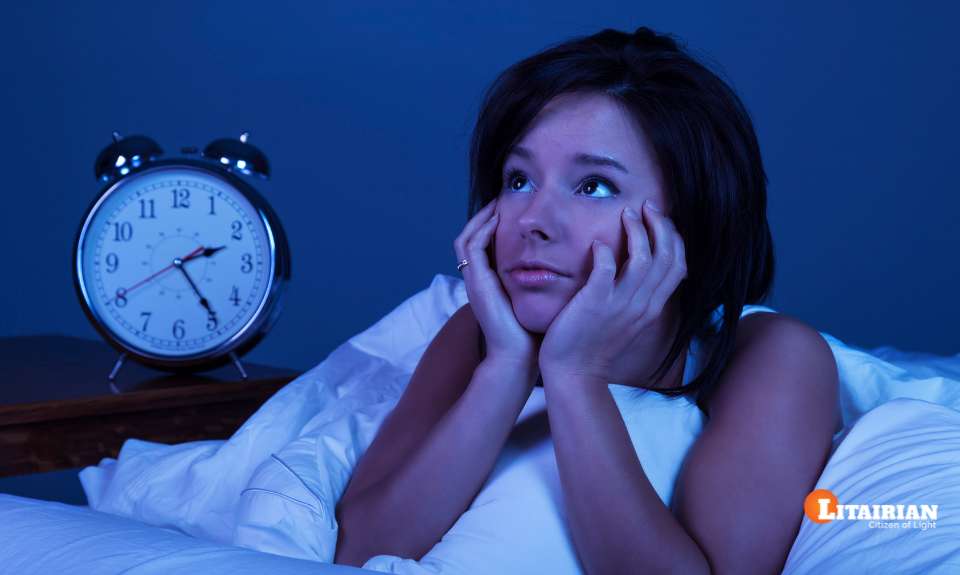
Insomnia is a common sleep disorder that affects millions of people worldwide. It can make it difficult to fall asleep, stay asleep, or wake up feeling rested. Chronic insomnia can impact physical health, mental well-being, and overall quality of life. Understanding its causes, symptoms, and remedies can help individuals manage this condition effectively.
Causes
Insomnia can be triggered by various factors, including lifestyle choices, medical conditions, and psychological issues. Some common causes include:
- Stress and Anxiety – Worries about work, relationships, or personal challenges can make it difficult to relax and fall asleep.
- Poor Sleep Habits – Irregular sleep schedules, excessive screen time before bed, and consuming caffeine or alcohol close to bedtime can disrupt sleep patterns.
- Medical Conditions – Chronic pain, asthma, acid reflux, and neurological disorders can interfere with sleep quality.
- Medications – Certain prescription drugs for hypertension, depression, and allergies may have side effects that contribute to insomnia.
- Mental Health Disorders – Depression, anxiety, and post-traumatic stress disorder (PTSD) are closely linked to sleep disturbances.
- Environmental Factors – Noise, light pollution, and an uncomfortable sleep environment can also play a role in sleep difficulties.
Symptoms of Insomnia
People suffering may experience the following symptoms:
- Difficulty falling asleep at night
- Waking up frequently during the night
- Waking up too early and being unable to return to sleep
- Feeling tired and unrefreshed upon waking
- Daytime drowsiness, irritability, and difficulty concentrating
- Increased risk of errors or accidents due to lack of sleep
Types of Insomnia
- Acute Insomnia – Short-term insomnia that lasts a few days or weeks, often triggered by stress or life changes.
- Chronic Insomnia – Long-term sleep disturbances that occur at least three times a week for three months or longer.
- Onset Insomnia – Difficulty falling asleep initially.
- Maintenance Insomnia – Trouble staying asleep throughout the night.
- Comorbid Insomnia – Occurs alongside other medical or psychological conditions.
Effective Remedies
While medical treatment may be necessary in some cases, lifestyle changes and natural remedies can help manage insomnia:
- Maintain a Sleep Schedule – Go to bed and wake up at the same time daily, even on weekends.
- Create a Relaxing Bedtime Routine – Engage in calming activities like reading, meditation, or listening to soothing music before bed.
- Optimize Sleep Environment – Keep the bedroom dark, quiet, and cool for better sleep.
- Limit Stimulants – Avoid caffeine, nicotine, and alcohol, especially in the evening.
- Reduce Screen Time – Minimize exposure to electronic devices at least an hour before bedtime.
- Practice Stress Management – Techniques like deep breathing, yoga, and mindfulness can help calm the mind.
- Exercise Regularly – Engaging in physical activity during the day can improve sleep quality, but avoid vigorous exercise close to bedtime.
- Try Natural Remedies – Herbal teas like chamomile, lavender, and valerian root can promote relaxation.
- Consider Cognitive Behavioral Therapy (CBT-I) – A structured therapy that helps change negative sleep patterns and improve sleep habits.
When to Seek Medical Help
If it persists despite lifestyle changes, it may be necessary to consult a healthcare professional. They can help identify underlying conditions and recommend treatments such as medication, behavioral therapy, or sleep studies to address the issue effectively.
It can significantly impact daily life, but with proper management and healthy sleep habits, individuals can improve their sleep quality and overall well-being. Identifying triggers, making lifestyle adjustments, and seeking professional help when necessary are key steps in overcoming insomnia and enjoying restful nights.
About The Author: Payal Jain
About The Author: Payal Jain
She is a compassionate life coach, counselor, and certified VK teacher, with extensive expertise in cosmic healing techniques and energy work.
Well-versed in the use of Affirmations, Switchwords, Bach Flower Remedies, and Cosmic Serums of Vibbes Kada, she helps individuals align with their highest potential. As a faithful, true, and wholehearted follower of Sharat Sir, she has been profoundly shaped by his guidance and teachings, which have empowered her to master these transformative healing modalities. Sharat Sir regards her not only as a devoted student but also as a cherished member of his family.
As a senior member of the Litairian core committee, she continues to serve with dedication, always striving to share the wisdom imparted by Sharat Sir. In her roles as a Cosmic (VK) Healer, Law of Attraction teacher, and Reiki Master/Healer, she empowers individuals on their journeys of self-discovery and fulfillment. A recipient of the prestigious WOW Personality Award in Mumbai (2016), she is also an accomplished blogger, sharing insights and positivity inspired by Sharat Sir’s teachings.
